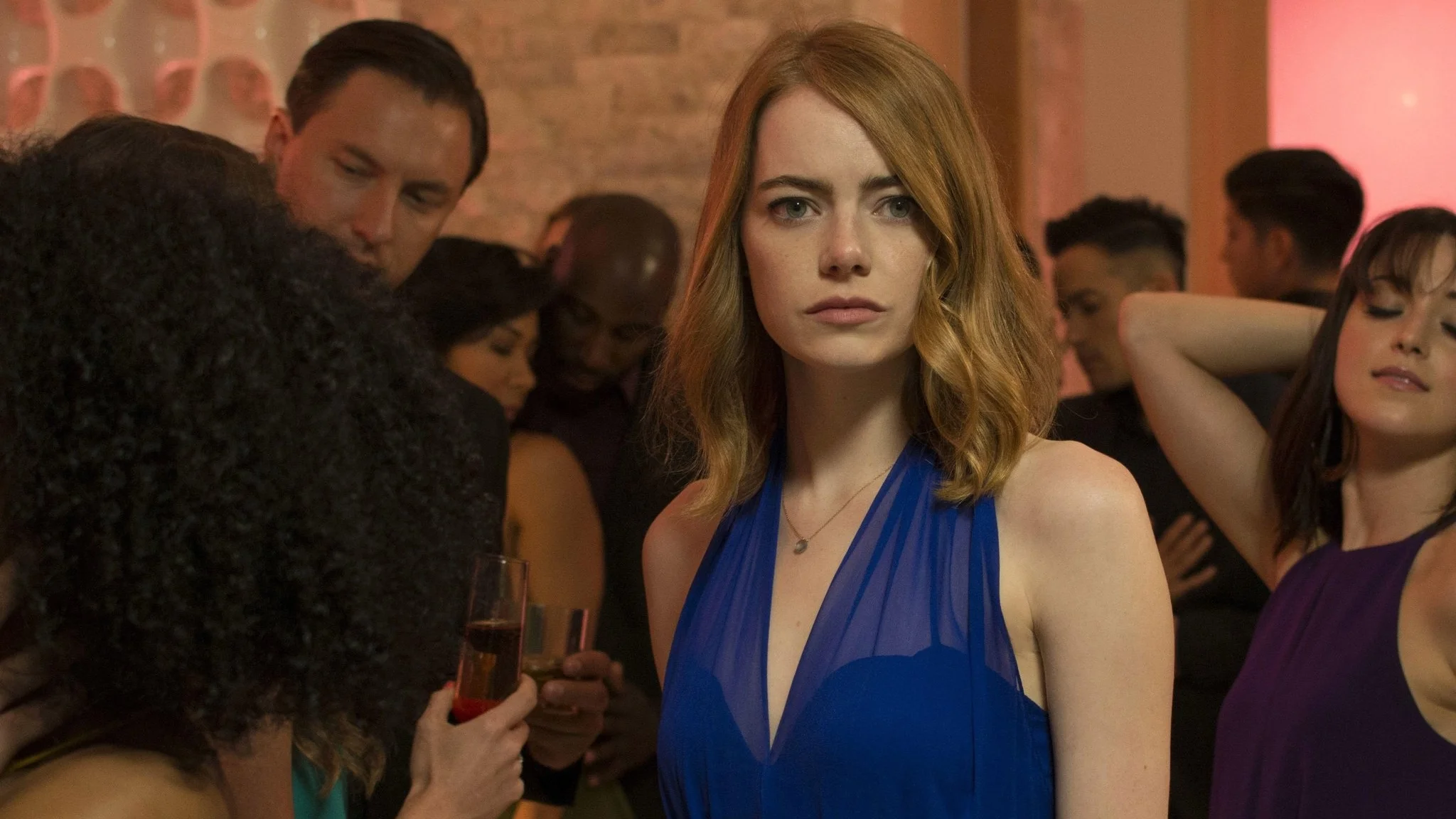Arrival: A Non-Zero-Sum Game (And TFS Nominee)
This week, we're highlighting some of this year's Talk Film Society Awards Best Film nominees. Today, Sean writes about Denis Villeneuve's sci-fi drama that made a big impact at the box office, nominated for nine awards.
Arrival has made it to the final ballot for the 4th Annual TFS Awards, and rightly so. Of the nominees on this year’s Best Film list, it’s one of the few that explicitly rewards repeat viewings with a unique experience from your first. But with both viewings, you are given stories about the better nature of humanity, and love and compassion triumphing over immense suffering and paranoia.
You also get the most strongly-argued answer to one of science fiction’s most philosophical questions:
If you were able to see the future, and saw great pain ahead following great joy, would you change any of your actions on that path?
Amy Adams’ Dr. Louise Banks ultimately answers that she wouldn’t, specifically because she would lose out on the joy of her daughter’s company in the time before Hannah Banks passes away. Villeneuve’s narrative repeatedly shows us all the hills and valleys of Louise’s experience in motherhood, framing them for the first-viewing as flashbacks, when on a second viewing they can be viewed as the flash forwards they truly are. In a metatextual sense, because the viewer is outside of the timeline of the film’s events, the order in which they occur is less important than the weight each moment carries.
Dr. Banks comes to this same conclusion herself by the close the film’s runtime, deciding ultimately that the pain she will endure will be so great for the simple reason that the joy will be just as great, if not more, because of her love for Hannah. The loss of a child, in Dr. Banks’s view, does not devalue the experience of raising one, even if she knows that she will lose Hannah before she ever has her.
This level of compassion and unconditional understanding carries directly into the film’s flashier, “main” narrative, where Dr. Banks is tasked with reaching communicative parity with Abbott and Costello. The two representatives of the alien race have arrived to Earth to make first contact, and Dr. Banks is one of the foremost minds in linguistics. The federal government and military have turned to her to make sense of the heptapods’ language, and ultimately begin in-depth communication.
Her natural affinity for seeking understanding makes the progress the team achieves that much easier, though xenophobia, paranoia and distrust of fellow humans makes that progress hard-won outside of the communication sessions with the heptapods. Colonel Weber (Forest Whitaker) trusts that Dr. Banks knows what she’s doing, but worries about how he can convince defense-minded cabinet members of that. Agent Halpern (Michael Stuhlbarg) from the CIA doesn’t even give Dr. Banks that much credit, worrying that every piece of information provided to the aliens can be used against the United States (or worse, for Russia and China).
The sessions are presented as respites from all of humanity’s worst impulses, where understanding, commonality and openness create joy, exhilaration and most importantly, positive results. When the worst of humanity’s foibles invades this space, and sends their progress into chaos, it takes Dr. Banks going it alone into direct contact with Costello to salvage humanity’s relationship with their visitors.
Louise’s attempts to spread this empathy seem to unite the world’s nations in a common goal, and the growing pains surely encountered along the way are shown as surely worth the trouble.
I can’t think of a film whose dual, personal and universal message we need now, and may likely always need in the future. I’m not the type of person who argues for timeliness in Best Film winners, but with Arrival such appeal is undeniable, and I would argue make for a lasting contribution to art, film at large, and the world.
Arrival is nominated for nine Talk Film Society Awards — Best Film of the Year, Best Director, Best Cinematographer, Best Adapted Screenplay, Best Actress, Best Visual Effects, Best Original Score, Best Editing, and Best Production Design. Vote in this year's TFS Awards: talkfilmsociety.com/VoteTFSAwards. The deadline to turn in your ballot is Friday, February 17th at 11:55 PM Eastern.




